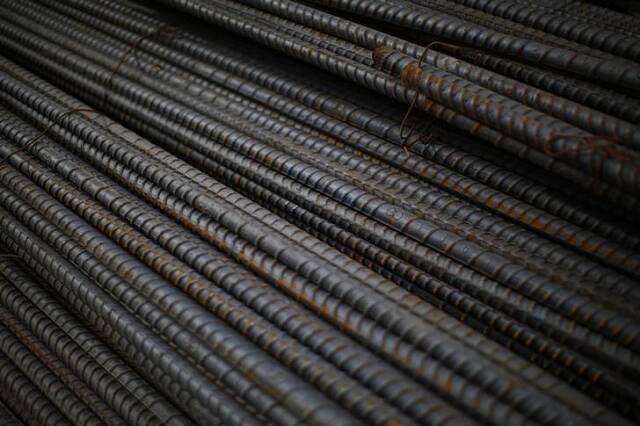In recent times, Pakistan has witnessed a seismic shift in the dynamics of its steel industry, with steel prices experiencing a substantial surge. This development has sparked conversations across the nation, as stakeholders attempt to comprehend the factors driving this significant increase. In this blog post, we delve into the intricacies of the steel market in Pakistan, exploring the reasons behind the massive spike in steel prices and its potential implications
Domestic steel makers announced that steel price in pakistan increase for Cold Rolled Coil and Hot Dipped Galvanized Coil, effective December 26, 2023. The price of 1 mm CRC has been reduced to Rs. 256,450 per ton, while HDGC has increased to Rs. 265,800 per ton. Steel rebar has risen in price by 12,000 rupees per ton since October 31, reaching 266,000-272,000 rupees today, continuing the current trend of rising steel prices.
Understanding the Surge
The surge in steel prices can be attributed to a confluence of factors, both domestic and international. One of the primary catalysts is the global increase in demand for steel. Driven by post-pandemic economic recovery and infrastructure projects worldwide.
As countries strive to revive their economies, the steel demand has skyrocketed, causing a ripple effect that has impacted steel prices globally.
Disruptions in the global supply chain, such as shortages in raw materials and logistical challenges, have further fueled the increase in steel prices. The ongoing challenges in the supply chain have led to a decrease in the availability of steel. Creating a supply-demand imbalance and driving prices upward.
Domestic Factors at Play
On the home front, the steel industry in pakistan has encountered its share of challenges. Fluctuations in the cost of raw materials, including iron ore and coal, have exerted pressure on local steel producers. Furthermore, energy costs and transportation expenses have soared, adding to the overall production cost of steel in the country.
Government policies and regulatory changes also play a role in shaping the steel market. Policy adjustments related to tariffs, taxes, and import regulations can impact the cost structure of the industry. Influencing the final price of steel products in the market.
Impact on Various Sectors
The surge in steel prices has far reaching implications across various sectors of the economy. Construction projects, a major consumer of steel, are likely to face cost overruns. Potentially slowing down the pace of infrastructure development.
The automobile and manufacturing industries. Which heavily rely on steel as a key raw material, may also experience cost pressures, leading to increased prices for end consumers.
Mitigating the Impact
In response to the challenges posed by the surge in steel prices, stakeholders in Pakistan must adopt a strategic approach. This involves closely monitoring global market trends, diversifying the sources of raw materials, and implementing efficiency measures to optimize production costs.
Conclusion
The surge in steel prices in Pakistan reflects the complex interplay of global and domestic factors impacting the steel industry. While challenges persist, understanding the root causes of this phenomenon is the first step toward developing effective strategies to mitigate its impact. As Pakistan navigates through these turbulent times. A proactive and collaborative approach is essential to ensure resilience. And sustainability of the steel sector in the face of dynamic market forces.









